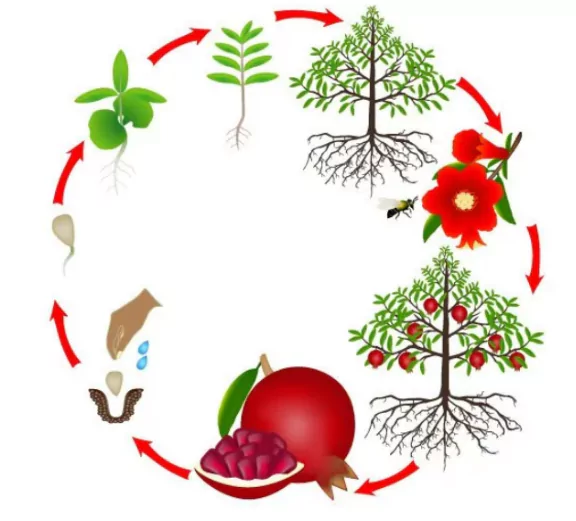The Agricultural and Processed Food Products Export Development Authority (APEDA), in collaboration with exporters successfully completed India’s first-ever commercial trial shipments of premium Sangola and Bhagwa pomegranates to Australia via sea.
About APEDA
- Established by the Government of India under the Agricultural and Processed Food Products Export Development Authority Act, 1985.
- Ministry Oversight : Functions under the Ministry of Commerce and Industry, Government of India.
- Objective : To develop and promote the export of scheduled products and ensure that Indian agricultural exports meet global quality standards.
- Examples of Scheduled Products: Includes fruits, vegetables, meat, poultry products, dairy products, confectionery, biscuits, bakery products, honey, jaggery, and more.
- Additional Responsibility: APEDA is also entrusted with monitoring the import of sugar into India.
- Headquarters: New Delhi.
- Composition: The APEDA Authority comprises a Chairman appointed by the Central Government, members from various ministries, Parliament, state governments, agricultural research bodies, export councils, and industry representatives, ensuring comprehensive sectoral representation
- Role in Organic Exports
- Functions as the Secretariat to the National Accreditation Board (NAB) for implementing accreditation of Certification Bodies under the National Programme for Organic Production (NPOP).
- Organic products for export must be produced, processed, and packed according to the standards laid out in NPOP to be certified.
About Pomegranate (Punica granatum)
- Origin: Believed to be native to Iran and Northern India.
- Cultivation Spread: Grown extensively in India, Iran, Turkey, Spain, the United States, and China.
- Agro-Climatic Conditions for Cultivation:
- Rainfall: Requires low to moderate rainfall; excessive rain can lead to fruit cracking.
- Temperature: Thrives in hot, dry summers and cool winters with optimum temperature range of 25-35°C.
 Soil Type: Prefers well-drained, sandy loam to clay loam soils with a pH between 6.5 and 7.5.
Soil Type: Prefers well-drained, sandy loam to clay loam soils with a pH between 6.5 and 7.5.
- Sangola and Bhagwa are premium pomegranate varieties known for:
- High sugar content, making them naturally sweet.
- Deep red arils, which enhance their visual appeal and market demand.
- Long shelf life, making them suitable for export markets.
- Major Cultivation Regions
- Maharashtra (especially Solapur region) is the key production hub due to its ideal agro-climatic conditions.
- Other states in India include Karnataka, Gujarat, Andhra Pradesh, Rajasthan, and Tamil Nadu.
Global Scenario of Pomegranate Production
- Major Producing Countries are India, Iran, Turkey, Spain, the USA, and China.
- India’s Position : India is the largest producer of pomegranates globally.
- India contributes over 50% of the world’s pomegranate production.
- Annual Production (2023-24) : Approximately 3.1 million metric tons.
- Major Export Destinations : UAE, Bangladesh, Nepal, Netherlands, UK, Germany, Russia, and now Australia.
![]() 19 Feb 2025
19 Feb 2025

 Soil Type: Prefers well-drained, sandy loam to clay loam soils with a pH between 6.5 and 7.5.
Soil Type: Prefers well-drained, sandy loam to clay loam soils with a pH between 6.5 and 7.5.